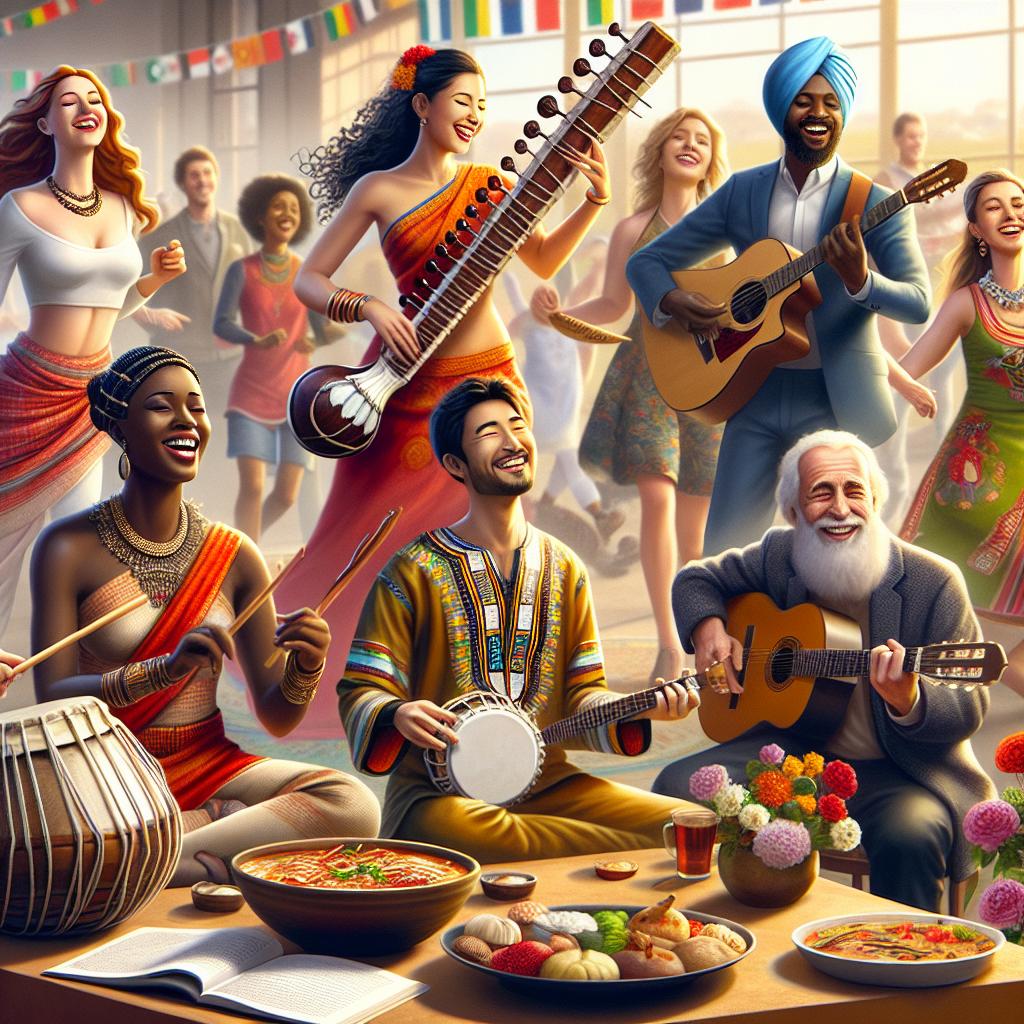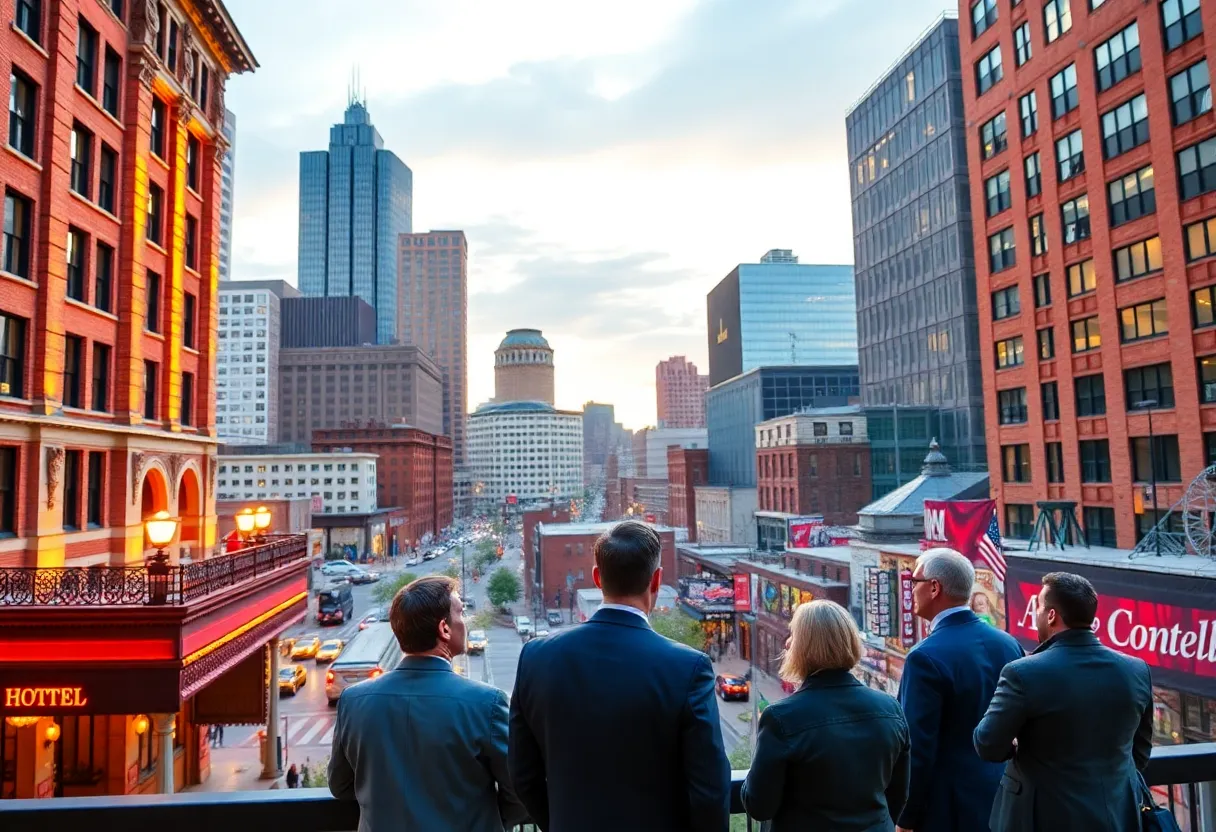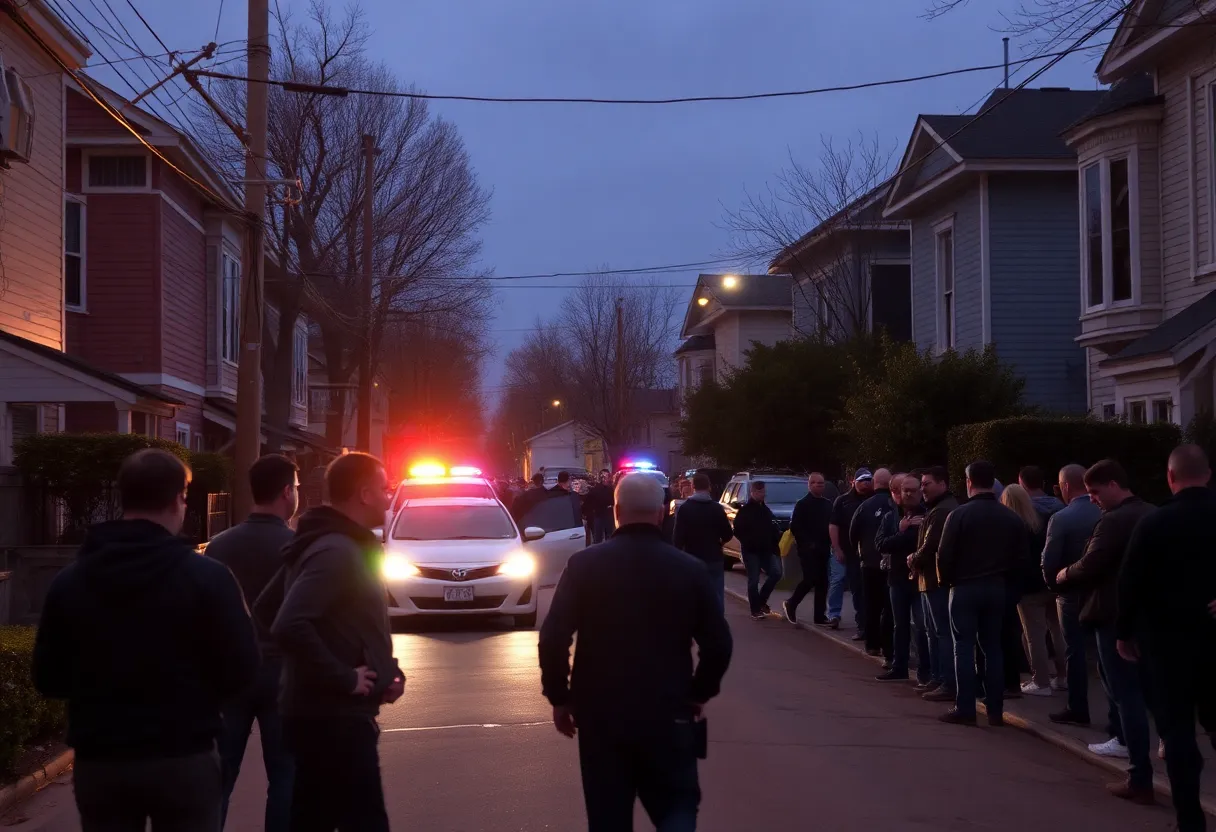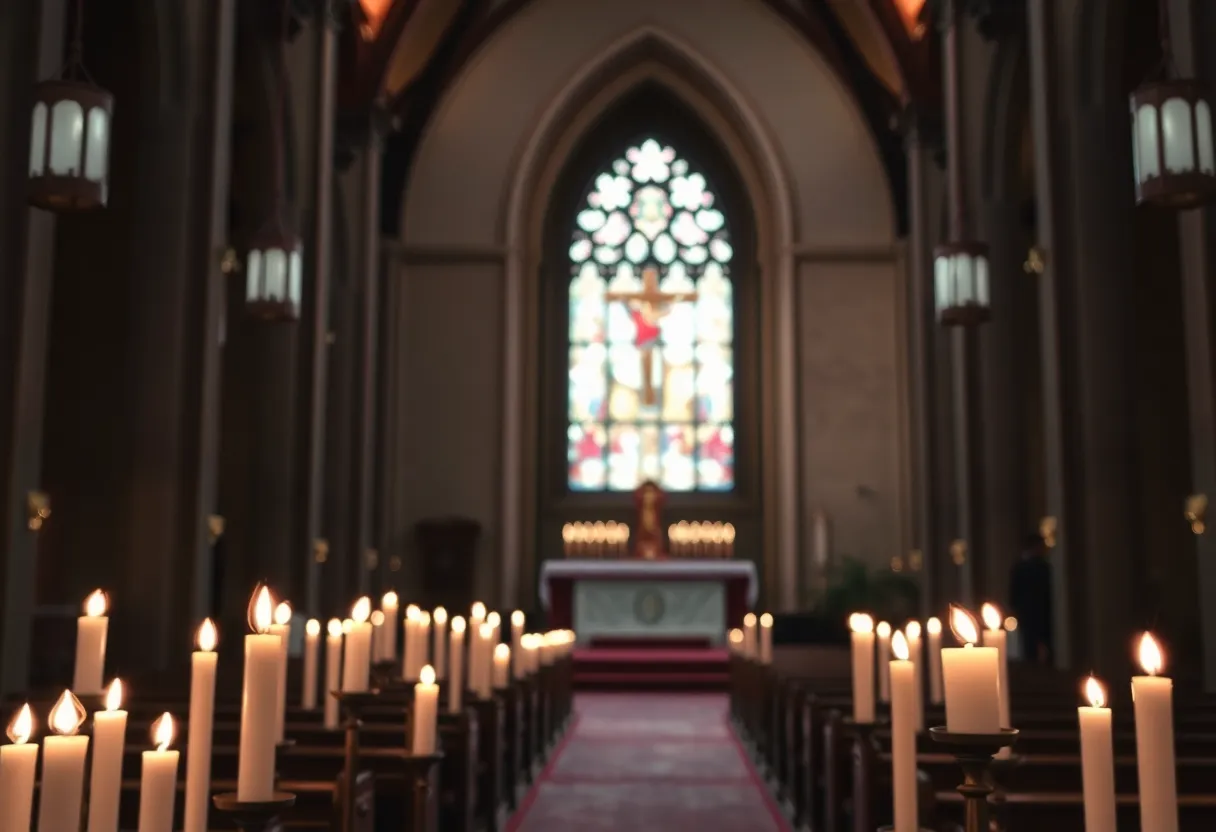Memphis Celebrates Iconic Rappers Amid Controversy
Memphis, Tennessee, is buzzing with excitement recently as the city has taken a poignant step to honor its rich musical heritage. In a heartfelt ceremony, the streets of Orange Mound were officially named after the renowned hip-hop duo, 8Ball & MJG. This tribute has stirred emotions within the community, sparking a lively debate about the implications such honors may have on the local crime rate.
A Mixed Bag of Reactions
While many locals took to the streets in celebration of the duo’s significant contributions to Southern hip-hop, not everyone is on board with this homage. Enter Matthew Barton, the District Attorney of Desoto County, who raised some eyebrows with his opinion piece condemning the street naming. He framed the honor in a rather controversial light, stating, “It’s concerning and contributes to the crime problems we face.” His criticism drew attention, raising questions about whether celebrating figures from certain musical backgrounds only exacerbates the city’s ongoing struggle with crime.
Are Celebrations Justified?
In his op-ed, Barton pondered, “Why is there so much crime in Memphis?” He suggested that romanticizing performers who have deep roots in a culture often linked to violence and substance abuse could send the wrong message to the community. He remarked, “By naming a street after [them], Memphis is elevating and celebrating the very culture that fuels the city’s crime problem.” This comment did not sit well with everyone.
We chatted with a few Memphis natives to gauge their thoughts on the DA’s piece. One local, who goes by Toryano, pointed out the double standard in how we celebrate different cultural icons. He remarked, “You got Elvis who faced all those controversies, but he has an entire highway named after him. Why the scrutiny over 8Ball & MJG?” This sentiment reflects a prevailing feeling among many who believe that the city’s musical heritage should not be disparaged, regardless of the artist’s background.
Individual Choices Matter
Another Memphis resident chimed in, arguing that individuals are ultimately responsible for their own decisions and that music does not dictate actions. “I don’t see how 8Ball & MJG are contributing to other people’s choices who they don’t even know. People make their own decisions in life,” they expressed. This line of thinking underscores a broader belief that communities should celebrate their artists without stigmatizing them based on the narrative of their art.
A Balance in Recognition
Not everyone agrees wholeheartedly with the honor either. Christian Morneau, a student at the University of Memphis from Canada, suggested that while it’s nice to honor rappers, perhaps the city should also promote figures who positively impact the community. “I like the idea of promoting teachers and people who actually are gonna help the community. But honoring rappers? They are what makes the city what they are,” he acknowledged, striking a balance between celebration and responsibility.
What’s Next for Memphis?
While District Attorney Barton ultimately labels the street naming as a “mistake,” the dialogue surrounding it opens up a much-needed conversation about recognition in the arts and the responsibility that comes with it. As Memphis continues to celebrate its cultural icons, it remains to be seen how this honor will influence the community’s narrative going forward. Will it spark more conversations and awareness about the implications of glorifying certain lifestyles, or will it simply be another chapter in Memphis’ rich musical tapestry?
Whether you’re celebrating in the streets of Orange Mound or pondering the societal implications of such honors, one thing is clear: Memphis is a city where music and conversation intertwine, and that conversation is just getting started.







